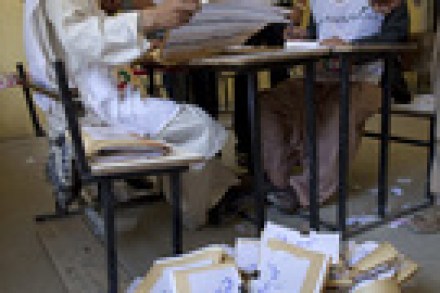Dereliction of duty
The Ministry of Defence is the subject of two very damaging stories this morning. First, there are twice as many former service personnel in prison than there were six years ago. And second, Major General Andrew Mackay, a former commanding officer in Helmand, who masterminded the recapture of Musa Qala, has resigned his commission. Mackay is understood to have been dismayed at the direction of the war and army restructuring. The Independent has the details: ‘Mackay was disillusioned with what he considered to be a failure to carry out adequate reconstruction and development in Helmand. He had said privately that British soldiers risking their lives in the conflict had been






























